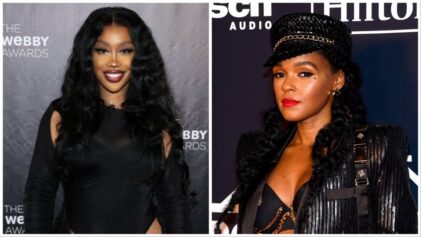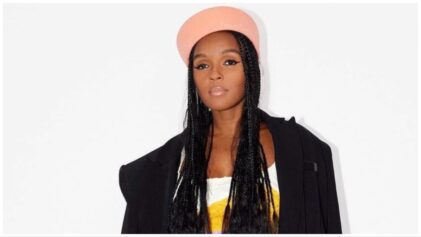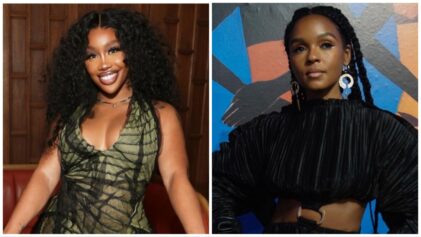Slamming together categories — and, when appropriate, bodies — is the ever-expanding mission of the annual Afro-Punk Festival, which returned last weekend to Commodore Barry Park in Fort Greene, Brooklyn. It was an event summed up in action by one of its returning headliners, Janelle Monáe. She’s an indefatigable song-and-dance bandleader who gleefully draws on African-American showmen like Michael Jackson, Jimi Hendrix, James Brown and even Cab Calloway as her lyrics dip into science fiction. Her finale, “Come Alive (War of the Roses),” had a jitterbug-ready beat while Ms. Monáe crowd-surfed like a punk-rocker: off the stage, into the audience and back onstage for a few more snappy steps.
It was the eighth festival booked by Afro-Punk, though the 2011 lineup was canceled because of fears about Hurricane Irene. This year organizers estimated it drew 20,000 people to each of the free eight-hour shows on Saturday and Sunday. It was affable, not oppositional; for post-punk families there was even a children’s area. The festival represented a utopian face of Brooklyn and of New York City: as a diverse, welcoming, unpredictably multicultural picnic.
Following through on the spirit of the Black Rock Coalition, which since the 1980s has reminded listeners that rock has African-American roots and is still being made by black musicians, Afro-Punk was originally centered on punk and hardcore as played and enjoyed by African-Americans, defying the stereotypically white face of punk-rock. The festival’s founders, James Spooner and Matthew Morgan, made a documentary about the subculture, “Afro-Punk,” that was released in 2003, and they presented the first Afro-Punk Festival at the Brooklyn Academy of Music in 2005.
This year’s festival still sprouted mosh pits for screeching, thrashing hardcore bands like Cerebral Ballzy and the slightly more melodic Straight Line Stitch, which has a female lead singer, Alexis Brown. There were ramps for skateboarding and BMX bike stunts, punk’s favorite sports…
Read more: NY Times


